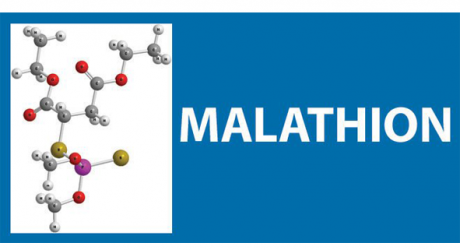Driven by concern about the health risks to humans, a regional doctor is advising Antigua and Barbuda to stop using a chemical that the World Health Organization (WHO) approves for mosquito eradication.
Malathion is widely used in agriculture, residential landscaping, public recreation areas, and in public health pest control programs.
But head of the Jamaica Centre for Advanced Medicine Dr Arlene Rose says all her research points to the pesticide being very harmful to people. She speaks of birth defects and hospitalisation, and she is holding fast to her belief that malathion should not be used despite the WHO saying otherwise.
“There have been situations where there were approved practices by the governing bodies of the day, and centuries later we recognized that they were barbaric and outdated and inhumane even, the sawing off of a leg without anaesthesia, and the first person came out and said let us use ether to try and anesthetize these persons. There was a great outcry in the land against the use of ether until now, we know anaesthesia is a regular practice.
“There always is one or two voices which are crying out with the truth, and oftentimes, they’re ignored initially, and then eventually, finally when their evidence is overwhelming, it becomes something that people respond to,” she said.
Dr Rose detailed her concerns about the chemical in an article to the media, prompting the Health Ministry in Jamaica to look into other methods for getting rid of mosquitoes.
Antigua and Barbuda’s Chief Health Inspector Lionel Michael, though, says local authorities follow the lead of the WHO and will continue to use malathion.
“There are several chemicals on the market. We are not sure (that) they have gone through the rigorous testing and approval like malathion has gone through, but they are a lot of chemicals popping up as the result of the emergence and reemergence of vector borne diseases throughout the world and so, we have to be very cautious is not worse than what we have. And yes, there is need for alternatives, and we need to have options, but we have been using this chemical for some time.
“We don’t want to have the mosquito develop resistance to the chemical, so when we carryout fogging operation or treatment operation, the mosquito doesn’t die, so yes in that instance, we need to have alternatives ans so on,” Michael says.
He stresses that it’s just one of the chemicals the country uses to control the mosquito population. According to him, there is no evidence that it’s affecting residents.
“It’s effect on human beings has not been a major problem unless people are exposed to it directly on a regular basis, but we have not seen that (from the data) I have reviewed,” Antigua’s chief health inspector said.
Antigua and Barbuda, as well as its Caribbean neighbours, have always had mosquito eradication programmes, but these have been ramped up because of the presence of the Zika virus which is linked to birth defects. (The Daily Observer)














